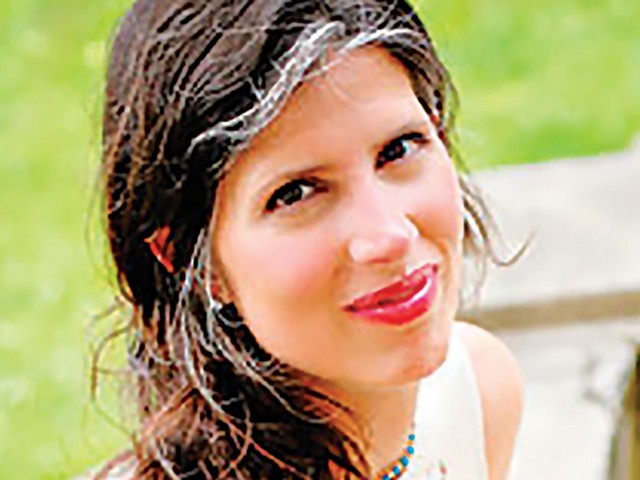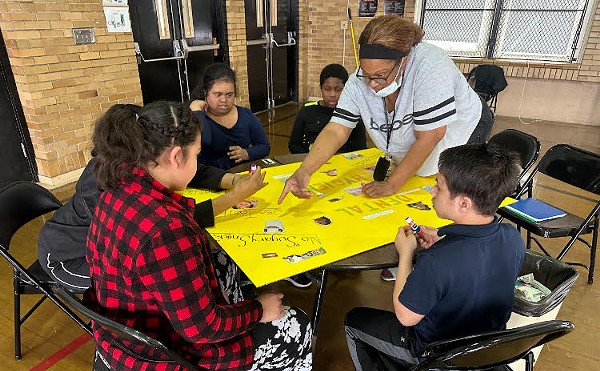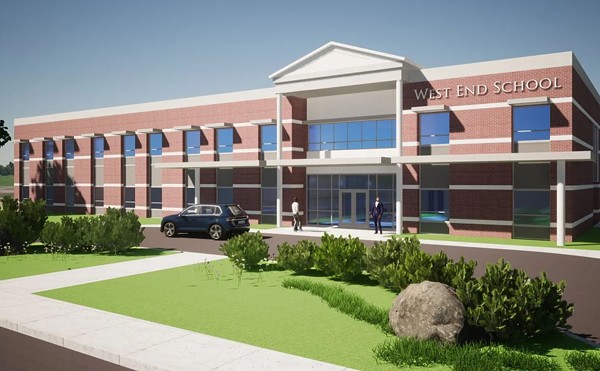Located at Oxmoor farm, running parallel to I-64, is one of our community’s hidden gems: The Food Literacy Project, a nonprofit, educational partner with the 10-acre Field Day Family Farm, which grows vegetables. The Literacy Project focuses on education and community engagement for families and youths to explore the story behind their food. It is celebrating 10 years of service and has grown from serving as many about 300 families a year to almost 3,000 a year. Carol Gunderson, executive director of the project, graciously shared the project’s story, a tour and some tasty vegetables!
LEO: Tell us about the Food Literacy Project’s mission.
Carol Gunderson: The Food Literacy Project [FLP] is really about inspiring a new generation to build healthy relationships with food, farming and the land. One of our greatest advantages is that we have this wonderful relationship with a working farm. This partnership allows us to offer a hands-on experience with dirt, farming and food. For many, this is their first positive interaction with vegetables or whole foods! ...
Share a little about these programs.
The FLP offers five different programs, with our primary effort on community engagement. Our Field to Fork Program is a farm-based education program that includes activities where children, students and families can have a hands-on experience ... These visits include getting your hands dirty, tasting new foods and creating menus using that food. ... We also offer a youth community agriculture program, or YCAP, which is exactly that: We hire teens [16 to 19 years old] for the summer to work here with us on a variety of small projects. ... These youths work in the fields, and they also take field trips, where they sell their harvest and connect to food banks and farmers market. We also offer an after-school program that includes a family component ... A lot of what we do includes cooking the foods grown here or that the participants have learned about. At our farm, we have an outdoor kitchen that we use and people love it! ... Another one of my favorite and most-popular programs is our Truck Farm: an edible, learning, mobile garden. We use it as a way to expand our reach. Not everyone can get to our farm so we come to you! ...
How did you became involved?
I am a picky eater. Always have been and continue to be so! I’m sure that I did not eat a vegetable until I was 10! My life was then changed by farming. In college, I was exposed, and then became interested in farming, and it very dramatically changed the way that I was eating. I realized that I could actually just pick a plant and eat it, and I thought that was the most amazing thing ever. After college, I worked on some teaching farms, and I worked as a community organizer for farming policy and change in both Kentucky and California. I returned [home] to Louisville and began to work at The Field Day Family Farm, where the FLP did not yet exist. The farm owner [Ivor Chodkowski] was, and is, very active in the local food community, farmers market and with [community-supported agriculture]. Occasionally, someone would ask to visit the farm to learn more about farming, and he always accepted! Word spread, and the demand became pretty regular. I enjoyed these visits and opportunities, as they were a perfect fit for me ...
Who benefits from all of this work?
First, we serve the entire community. What is so fascinating about this work is that this farm can be, and is, a great resource for so many people: young people, old people [and] rural and urban folks. Refugees that come from completely different farming cultures find some familiar connection to home here through the farming practice. We really believe, as our mission statement claims [‘inspiring a new generation to build relationships with their food, farming and the land’] that young people can use their voice to help change the larger view. We are interested in investing in young people as an agent of change. Of course, we understand that adults need to be included to support youths, and that’s where our family-engagement programs really succeed. Our partner schools are also a place we add value, because our work with educators has a big impact on their students, the school and their families and then, finally, the larger community. In the spring and the fall, much of our efforts are focused on Title 1 schools. These schools usually include over 80 percent of their students that qualify for free or reduced lunch programs, and so we are really looking to reach those youths ... We also work with other private and parochial schools on these programs. ...
How can the community get involved with the FLP?
We rely on the community to support us in many ways. Funding, of course, is high on the list, but we also welcome other support. Presently, the demand for our services outpaces the resources that we have. Which is great, but we want to meet the demand, so we are trying to not only sustain but expand our efforts. ... In addition to funding, we need other resources that include volunteering in many areas. Of course, farming skills are always welcome, but, in addition, we need administrative support. Things like community leaders to sit on our board or help us to raise awareness ...We welcome any one to become involved with our project. •
Flannery is a wellness coach who teaches yoga in Louisville and Southern Indiana. She promotes wellness through her show “The Wellness Hour,” at 11 a.m. Sundays on 100.9 WCHQ.






